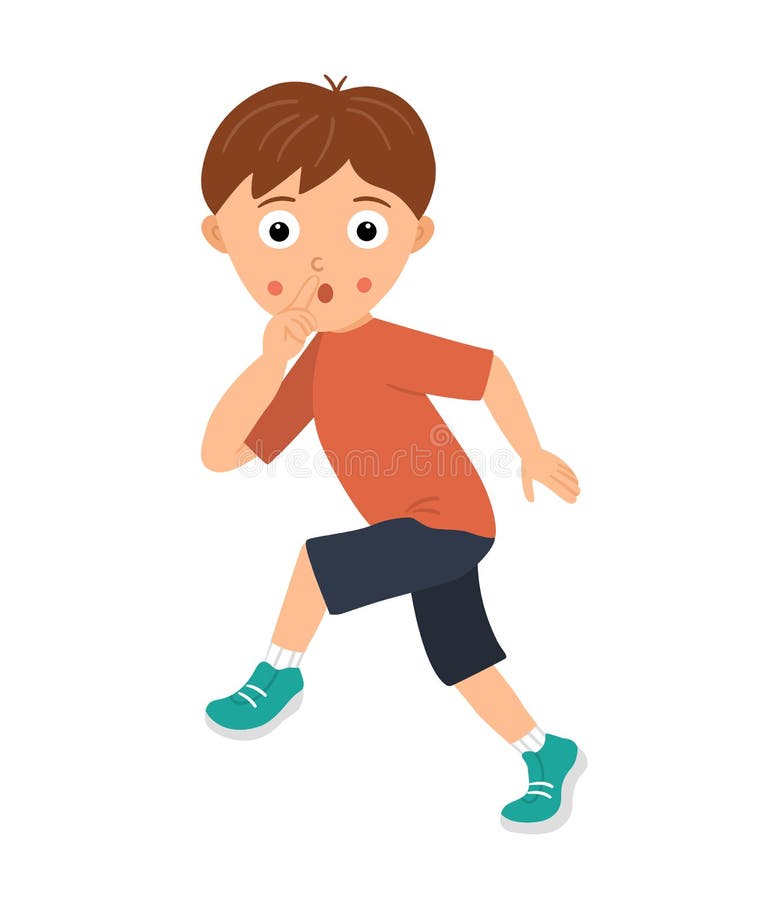

#Shush sound portable
Sound Oasis uses the standard MP3 format, so our digital files will play on virtually any computer or portable audio player, including iPods.
#Shush sound Bluetooth
Bluetooth Tinnitus Sound Therapy System (BST-80-20T).
#Shush sound plus

The castinet click was very similar to the sounds of kisses, clicks and clucks that parents were making to their babies. To further investigate the effect, Blass did a sound spectrograph of the castinet he was using to make clicks. Then one day I walked onto the maternity ward to get the kids for our experiment and I heard this wonderful symphony of clicks that the mothers and the nurses were making." "The reason I chose that sound was that when we had our kids and I had to wake them up to feed them, that was the sound I found myself making. "The effect of the click sound, to me, was remarkable," he said. But the babies immediately became alert and learned the association when they paired the click and the sugar water. No matter how many times Blass and his colleagues paired the triangle sound or the psst sound with the sugar water, the babies did not learn the association. To their great surprise, only the click and the shhh had any effect. The psychologists selected, almost at random, four sounds: a click made by a castinet, a psst sound, a dong made by a triangle, and a shhh sound. Instead of a stroke on the head, the babies were trained to anticipate sugar water after hearing a sound. That research laid the groundwork for Blass' work with sounds. The babies felt there was "a violation of the relationship we had established." When the infants' heads were stroked but no sugar water was given, they cried, Blass said, a clear sign that they were anticipating the water. The babies quickly learned to anticipate the sugar water from a stroke on the head, turning their heads to the side and sticking out their tongues. Playing on babies' love of sugar water, Blass trained the infants to associate a light stroke on the head with a drop of water. "Everybody knows that if you want a kid to be quiet, you say 'shhh.' "īut why? Do babies learn such responses, or are they born sensitive to particular sounds? Can they be trained to respond to other sounds? Some answers have come about through research into the infant learning process.īlass, who reported these results at a recent workshop sponsored by the National Institute of Child Health and Human Development, had set out to investigate whether newborn infants could be taught to anticipate, a sign of sophisticated reasoning. "In a sense, we're rediscovering the wheel," said psychologist Elliott Blass of Johns Hopkins University in Baltimore. They appear to be hard-wired into an infant's brain before birth. The "shhhh" and "click" sounds made by parents to calm and wake their babies are not a matter of chance, a psychologist has found.


 0 kommentar(er)
0 kommentar(er)
